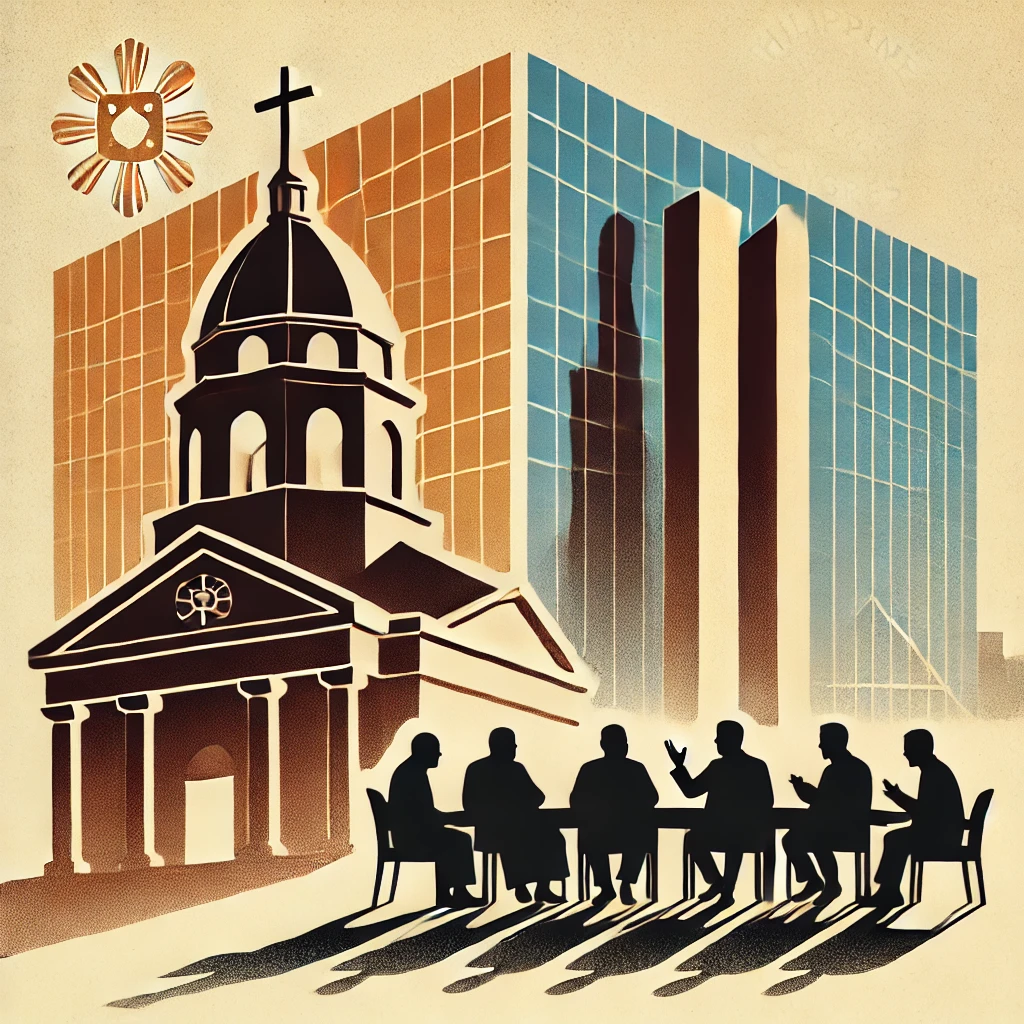Christianity, one of the world’s major religions, has a rich and diverse history that spans across continents and cultures. Two regions that have played a particularly significant role in the development of Christian traditions and theology are Ethiopia and Alexandria. These regions have unique historical and cultural contributions to the Christian faith that have left an indelible mark on the religion’s tapestry.
Ethiopia: An Early Christian Nation
Ethiopia, located in the Horn of Africa, boasts a deep and ancient Christian heritage. It stands as one of the earliest Christian nations, with a history of Christianity dating back to the 4th century AD. St. Frumentius and St. Aedesius are traditionally credited with introducing Christianity to Ethiopia. Their efforts laid the foundation for what would become the Ethiopian Orthodox Tewahedo Church.
The Ethiopian Orthodox Tewahedo Church
The Ethiopian Orthodox Tewahedo Church is one of the oldest Christian denominations in the world. It follows a unique liturgical tradition, distinct from other Christian churches, and has its own set of religious texts. The church has played a vital role in preserving early Christian traditions and teachings.
The Ark of the Covenant
One of the most iconic elements of Ethiopian Christianity is the belief that the Ark of the Covenant is housed in the Church of St. Mary of Zion in Axum. This belief holds immense spiritual significance for Ethiopians and has been a source of inspiration and devotion for centuries.
Preservation of Early Christian Traditions
The Ethiopian Christian community’s isolation from the rest of the Christian world for many centuries allowed it to preserve early Christian practices and texts. The Ethiopian Christian canon includes unique books not found in other Christian denominations.
Alexandria: A Hub of Christian Scholarship
Alexandria, the historic Egyptian city on the Mediterranean coast, is renowned for its role in early Christian scholarship and theology. The city became a significant center for Christian thought and education during the formative years of the faith.
Prominent Theologians
Alexandria was home to influential early Christian theologians, such as Origen and Athanasius. Origen founded the Catechetical School of Alexandria, a center of theological learning that played a vital role in the development of Christian theology. His writings and teachings had a lasting impact on Christian thought.
Alexandrian Text-Type
The city is associated with the Alexandrian text-type, one of the major textual traditions of the New Testament. This textual tradition influenced the translation of the Bible and the preservation of Christian scripture.
Theological Debates and Councils
Alexandria was a hub of theological debates and discussions in the early Christian period. The city was the stage for various ecumenical councils, including the First Council of Nicaea in 325 AD. These councils were pivotal in shaping Christian doctrine, particularly in defining the nature of Christ.
Conclusion
Ethiopia and Alexandria hold a special place in the history of Christianity. Ethiopia’s early embrace of Christianity, unique religious practices, and the belief in the Ark of the Covenant have contributed to a distinctive Christian identity. Meanwhile, Alexandria’s theological contributions, prominent theologians, and the role it played in shaping Christian doctrine have left an enduring mark on the Christian tradition. Together, these regions offer a fascinating glimpse into the diversity and richness of Christian history and belief.



